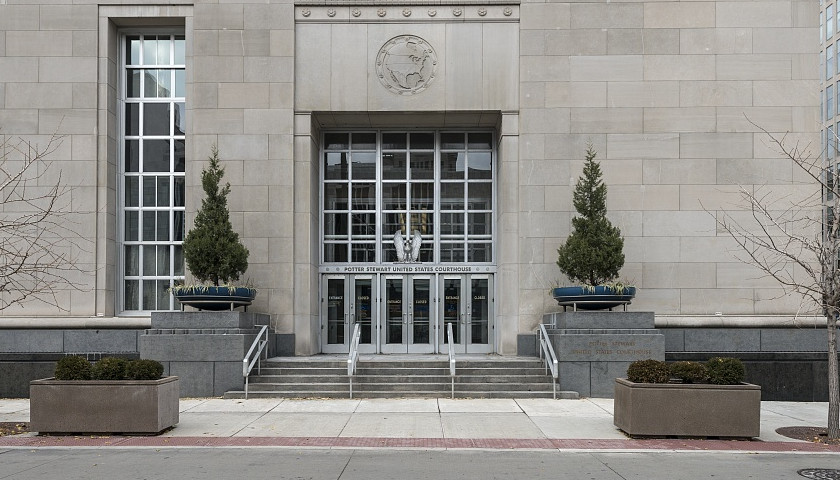A Senior District Judge is placing a two-week hold on a key provision of an Ohio abortion limit passed in December of last year.
On December 13, 2018, then-Governor John Kasich signed Senate Bill 145 (SB 145), commonly referred to as a Dismemberment Abortion Ban into law. It is, as reported at the time, “an act that restricts one of the most common methods in which second-trimester abortions are performed. The Dismemberment Abortion Ban, as the bill is known, restricts doctors from performing procedures in which dismemberment of the fetus occurs.”
Mike Gonidakis, president of Ohio Right to Life, hailed the decision, stating: “Ohioans can sleep easier tonight, knowing that the horrendous practice of dismemberment abortions is behind us…Pro-Life Ohio will not stop until the Abortion Report reads: Zero. Nothing to report”
That same day, Kasich vetoed an abortion bill that would have banned all abortions after a fetal heartbeat can be detected.
Shortly after being signed, Planned Parenthood filed suit against the state on the grounds that the law was unconstitutional. They argued that this law places an “undue burden” on women, one that is explicitly outlawed by Roe v. Wade, stating:
Should the Act be allowed to take effect, Plaintiffs’ patients’ health and access to abortion care will be threatened, and their constitutional rights will be violated. Specifically, a ban on D&E procedures imposes an undue burden on women seeking abortions after approximately 15 weeks of pregnancy. In addition, to the extent that physicians can continue performing D&E procedures by causing fetal demise prior to evacuation, the D&E Ban violates Plaintiffs’ patients’ right both to choose abortion and to bodily integrity by requiring them to undergo an additional, unnecessary, and invasive medical procedure that provides no attendant benefit in order to access abortion.
In response, Senior U.S. District Judge Michael Barrett in Cincinnati ordered a temporary, two-week halt to the law being enacted. The judge refused to say whether or not he considered the law unconstitutional, only stating that he wished to hear more from both sides before making an official ruling. Ohio Attorney General Dave Yost remains confident that the law will be upheld. While this case will be hotly contested by both sides, it could also become a moot point.
The recent passage of the Ohio heartbeat bill by the Ohio House of Representatives and its expected passage by the Senate and governor would make procedures like the ones banned by the SB 145 illegal.
Read the full filing:
[pdf-embedder url=”http://battlegroundstatenews.com/wp-content/uploads/2019/03/SHIRLEY_25-AG-Response-in-Opposition-re-4-Motion-for-PI.pdf” title=”AG Response in Opposition”]
– – –
Andrew Shirley is a reporter at Battleground State News and The Ohio Star. Send tips to [email protected].





